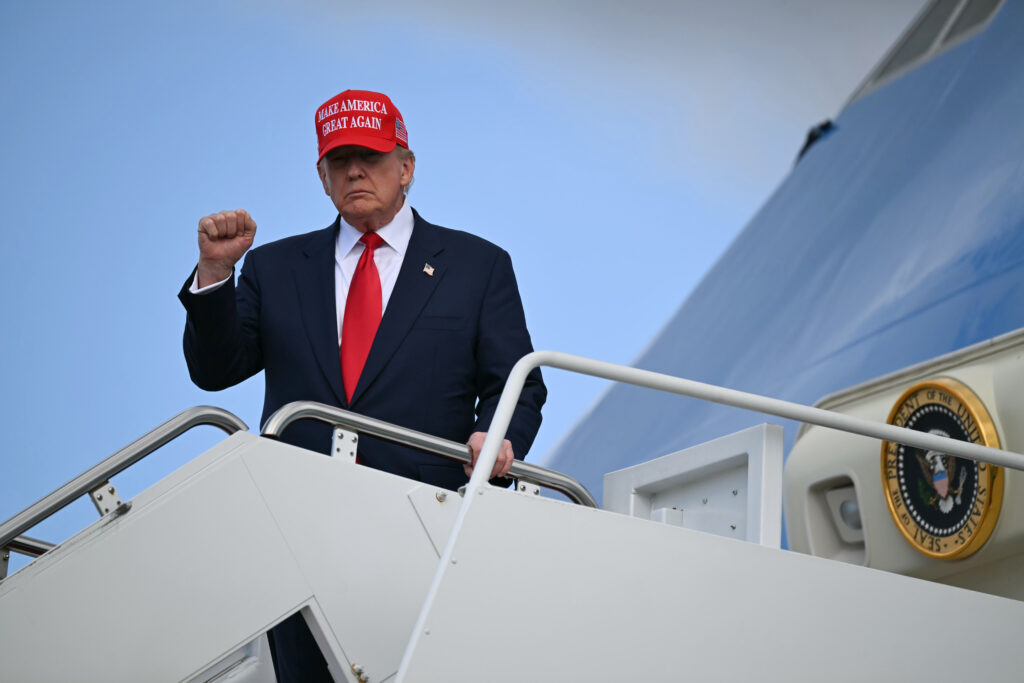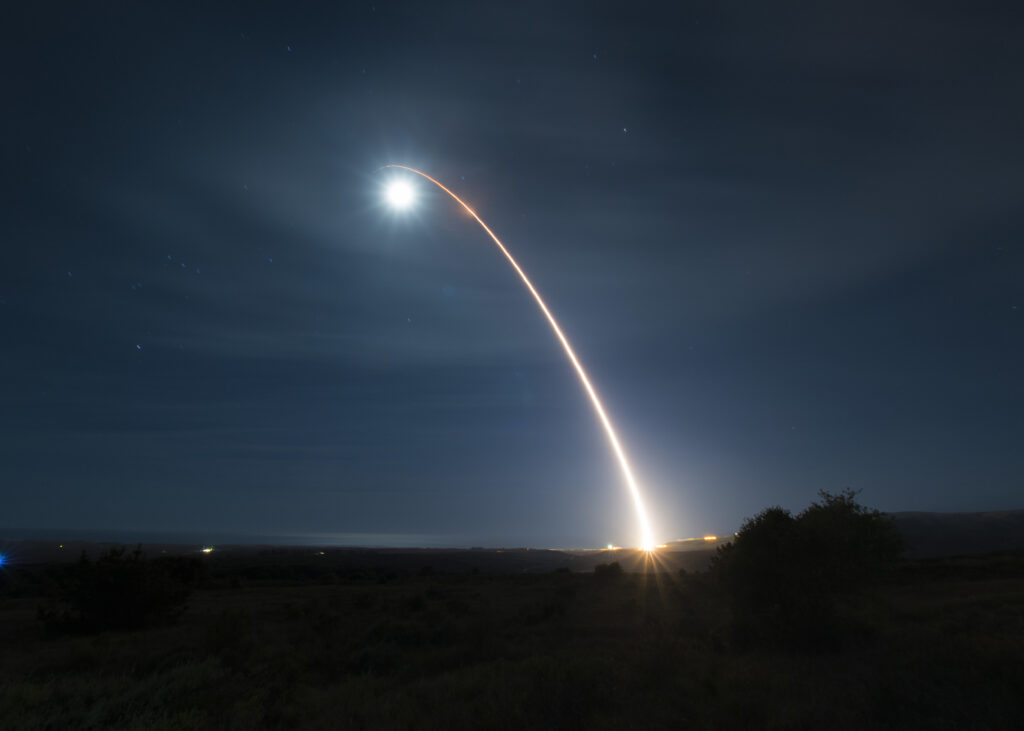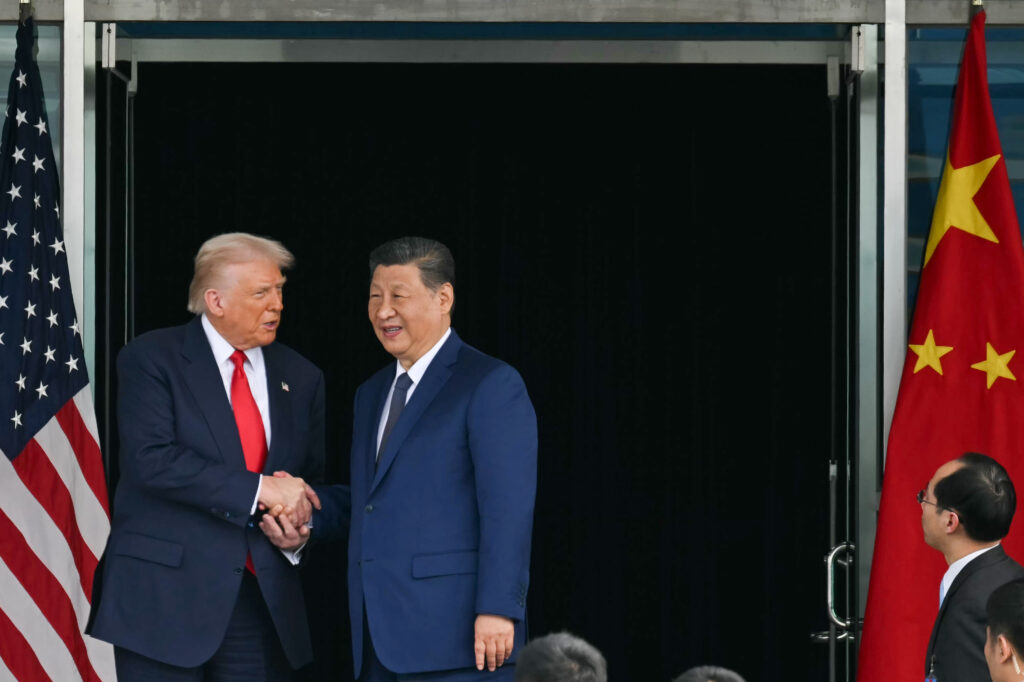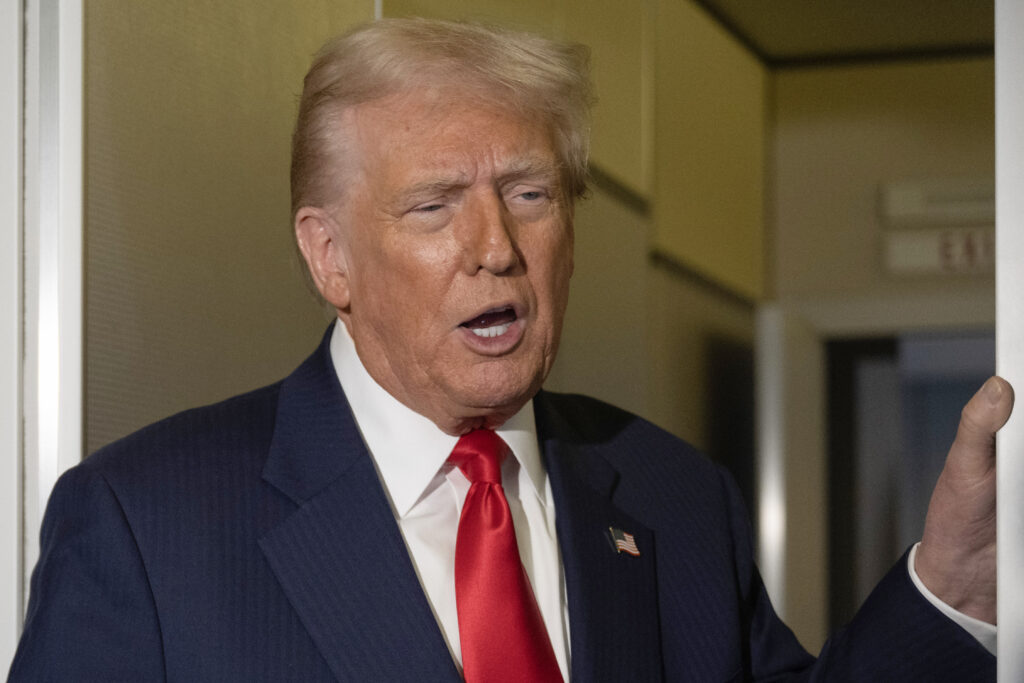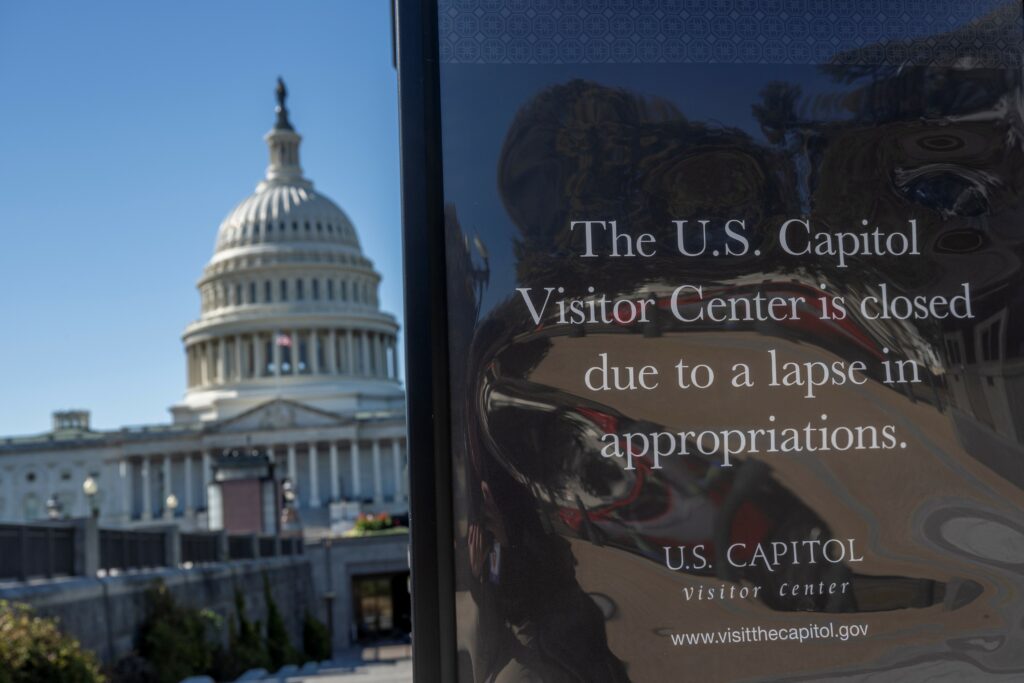Trump stirs tensions with surprise nuclear test order
US President Donald Trump landed back in Washington Thursday after a surprise directive to begin nuclear weapons testing that raised the specter of renewed superpower tensions.The announcement on social media was issued just before Trump — who boasts frequently about being a peace president — went into a summit with Chinese leader Xi Jinping in South Korea.But the announcement left much unanswered — chiefly about whether he meant testing weapons systems or actually conducting test explosions, something the United States has not done since 1992.Vice President JD Vance said that the US nuclear arsenal needed to be tested to ensure it actually “functions properly,” but did not elaborate on what type of tests Trump had ordered.The president’s statement “speaks for itself,” Vance told reporters at the White House.”It’s an important part of American national security to make sure that this nuclear arsenal we have actually functions properly, and that’s part of a testing regime,” he added.Trump’s statement nevertheless amounted to unusual nuclear sabre rattling.It came came days after Russia declared it had tested nuclear-capable, nuclear-powered cruise missiles and sea drones. “Because of other countries testing programs, I have instructed the Department of War to start testing our Nuclear Weapons on an equal basis,” Trump said on Truth Social.Trump also claimed that the United States has more nuclear weapons than any other country and that he had achieved this in his first term as president.That however appeared to be untrue. The Stockholm International Peace Research Institute (SIPRI) says in its latest annual report that Russia possesses 5,489 nuclear warheads, compared to 5,177 for the United States and 600 for China. In his post, Trump said — minutes ahead of his Xi summit — that China was expected to “be even within 5 years.”- Russia pushes back -The Kremlin questioned whether Trump was well-informed about Russia’s military activities.The recent weapons drills “cannot in any way be interpreted as a nuclear test,” spokesman Dmitry Peskov told journalists. “We hope that the information was conveyed correctly to President Trump.”Peskov then implied that Russia would conduct its own live warhead tests if Trump did it first.Chinese foreign ministry spokesman Guo Jiakun urged the United States to “earnestly abide” by a global nuclear testing ban.Both countries observe a de facto moratorium on testing nuclear warheads, though Russia and the United States do regularly run military drills involving nuclear-capable systems.United Nations Secretary-General Antonio Guterres said through his deputy spokesman that “nuclear testing can never be permitted under any circumstances.”The United States has been a signatory since 1996 to the Comprehensive Nuclear-Test-Ban Treaty, which bans all atomic test explosions, whether for military or civilian purposes.Trump told reporters aboard Air Force One that it had been “many years” since the United States had conducted nuclear tests, but it was “appropriate” to start again.Further muddying the waters, Trump also repeated in his remarks to reporters a previous claim that he wants negotiations with Russia and China on reducing nuclear weapons forces.”Denuclearization would be a tremendous thing,” he said.- Last US test in 1992 -The United States conducted 1,054 nuclear tests between July 16, 1945, when the first test was conducted in New Mexico, and 1992, as well as two nuclear attacks on Japan during World War II.It is the only country to have used nuclear weapons in combat.The last US nuclear test explosion was in September 1992, with a 20-kiloton underground detonation at the Nevada Nuclear Security Site.Then-president George H.W. Bush imposed a moratorium on further tests in October 1992 that has been continued by successive administrations.Nuclear testing was replaced by non-nuclear and subcritical experiments using advanced computer simulations.Nevada congresswoman Dina Titus responded that she would introduce legislation to “put a stop” to any move at restoring live weapons testing in her state.burs-sms-dk/bgs
